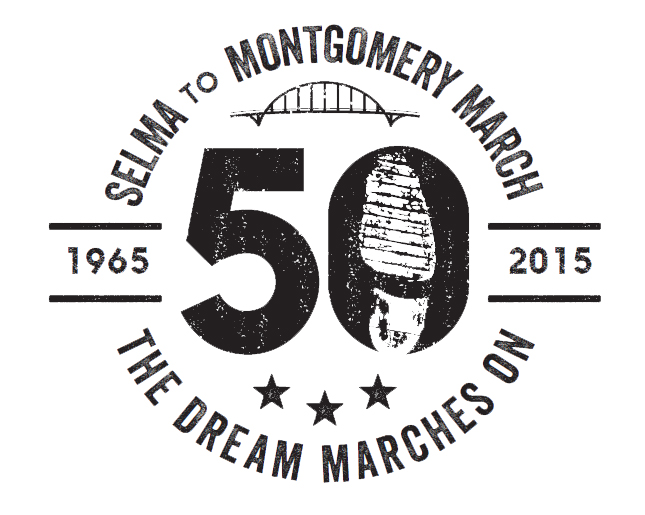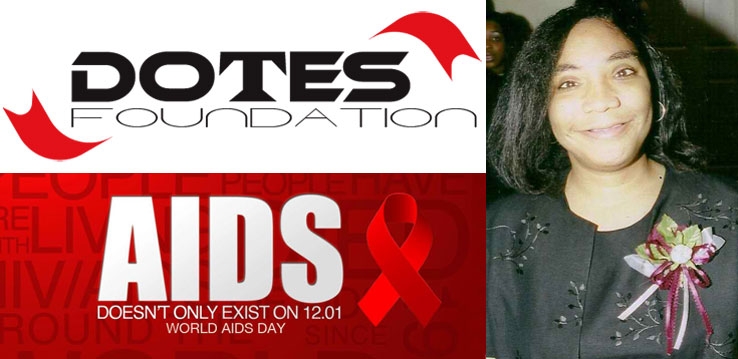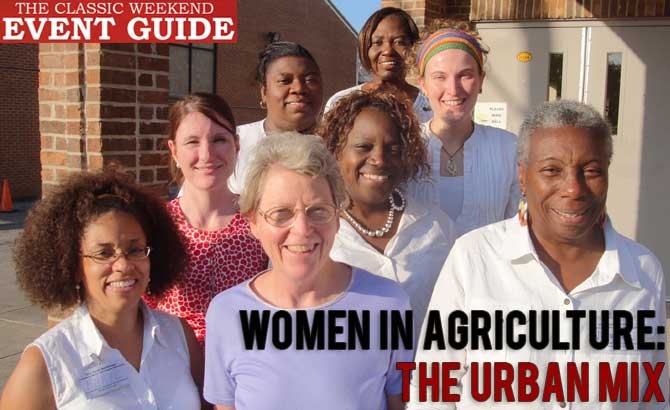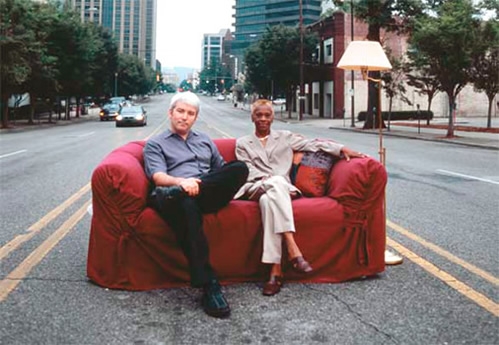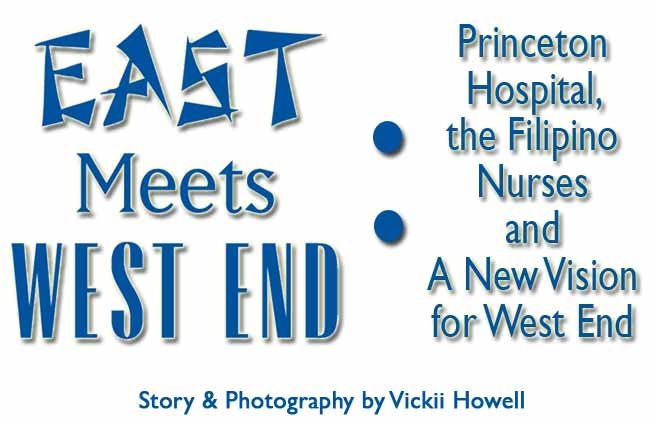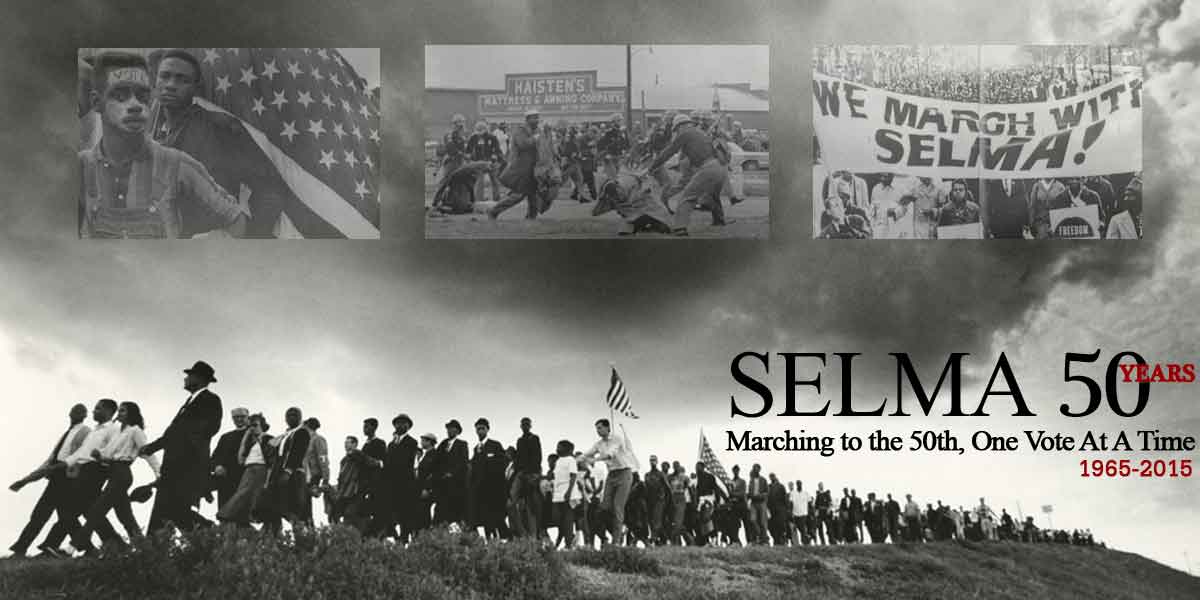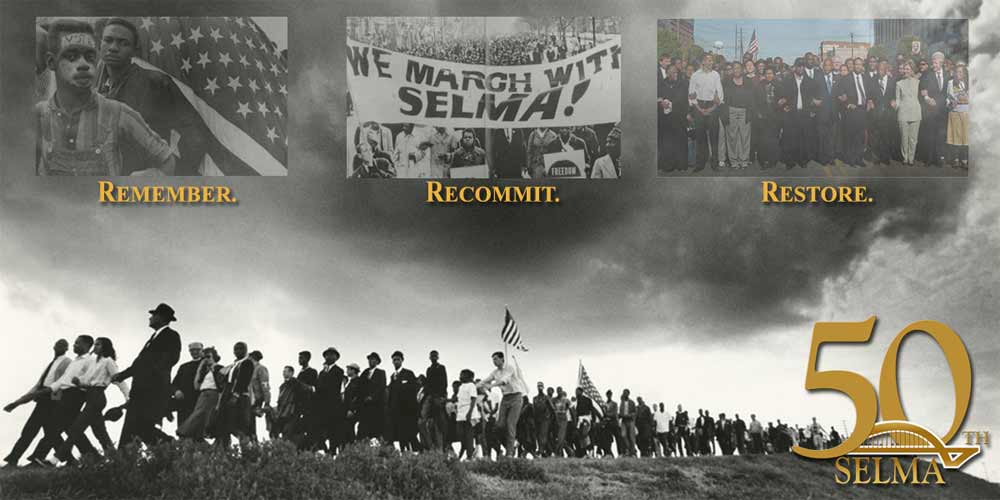What started as the McClure family’s wish to honor Michelle Renae McClure, who died of AIDS in 2007, turned into a new foundation with a mission to arm families locally and worldwide with information to curb the continuing scourge of HIV/AIDS.
“We need to talk to everybody about this disease. We need to stop thinking that (former NBA star Earvin) “Magic” Johnson (who was diagnosed in 1991) is cured. He is not,” says Laura McClure, the family matriarch.
“There is no cure for AIDS yet, though medicines to prolong your life. We (African Americans) are the most affected people for the virus because we keep believing, for some reason, that it’s not happening to us.”
Last year, she and her family started the Dotes Foundation in honor of Michelle to spread information about HIV/AIDS prevention measures and the alarming impact it is having particularly on the African American community.
Nationally, African Americans make up about 14 percent of the U.S. population, but now comprise 52 percent of all new cases of HIV (Human Immunodeficiency Virus), which causes AIDS (Acquired Immune Deficiency Syndrome).
Recent health statistics for Alabama show that the infection rate among blacks, who make up 26 percent of the population, comprise 70 percent of HIV/AIDS cases, says Dafina Cooper Ward of AIDS Alabama.
Of the more than 11,000 Alabamians people living with HIV/AIDS, one-third of them live in the Birmingham area, Ward said. African American women are almost 10 times more likely than a white woman to contract HIV/AIDS. More than 80 percent of the women living in Alabama with HV/AIDS are women of color, according to Ward.
With statistics like these, Laura McClure and her family were often surprised and disappointed at the passive attitudes among African Americans about HIV/AIDS, especially in churches, which have the greatest capacity to arm people with information to helps the community prevent the spread of this preventable disease.
So the Dotes Foundation started its “Stop the Silence” campaign, and organized its first run/walk event October 13 in Birmingham. Family members in Atlanta are also organizing a similar event in 2013 under the leadership of Michelle’s brother Roderick McClure, president of the Dotes Foundation. They all want the “Stop the Silence” events to become annual reminders that raises more awareness about the disease and sounds the alarm about HIV/AIDS surging growth among blacks compared to the general population.
McClure family members have taken their “Stop the Silence” messages to schools and youth groups, because, it seems, younger generations more readily hear and take the messages to heart.
“We want to have a large teen summit toward the end of the year where we can get the kids together and tell them what’s going on,” Laura McClure said.
Loose Change Adds Up
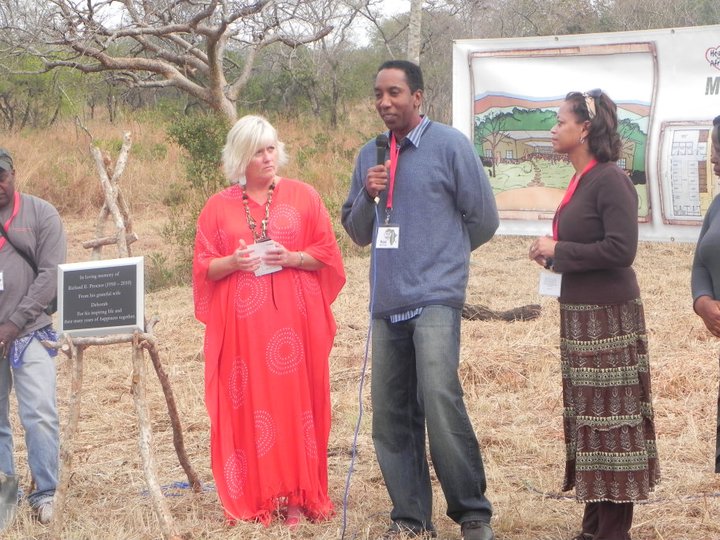 The Foundation’s first major campaign was “Loose Change for Africa,” an idea built on Michelle’s collection of loose coins for her church ministry. After her death, the McClure family took the loose change Michelle had accumulated and raised even more money in her honor at family churches (three of her brothers and one of her nephews are ministers) in Birmingham and Atlanta.
The Foundation’s first major campaign was “Loose Change for Africa,” an idea built on Michelle’s collection of loose coins for her church ministry. After her death, the McClure family took the loose change Michelle had accumulated and raised even more money in her honor at family churches (three of her brothers and one of her nephews are ministers) in Birmingham and Atlanta.
The Dotes Foundation’s “Loose Change for Africa” campaign raised $11,000 in donations. Nearly that entire amount went to Heart for Africa, a nonprofit organization that used the money to build a medical clinic in Swaziland. In that southeast African country, about 65 percent of orphaned children had parents who died from AIDS.
“Michelle said she wanted to go to Africa, and her brother Roderick had said one day he would take her. But we all laughed because we knew that Michelle would never get on a plane to go to Atlanta, much less to Africa,” Laura says laughing. “Besides,” Laura said in a more serious tone, “she was never well enough to go.”
Laura McClure is committed to raising more money and more awareness through the family foundation for a home-grown beneficiary, the University of Alabama at Birmingham’s 1917 Clinic, where Michelle went for treatment and her HIV/AIDS medications. In particular, Laura says she wants to raise enough money to cover the cost of sending five to 10 clinic patients to its annual retreat, trips that Michelle loved to take.
For more information, visit www.DotesFoundation.org.
See more videos and other information from the recent PBS/ Frontline documentary, Endgame: AIDS in Black America, at www.pbs.org/wgbh/pages/frontline/endgame-aids-in-black-america/


